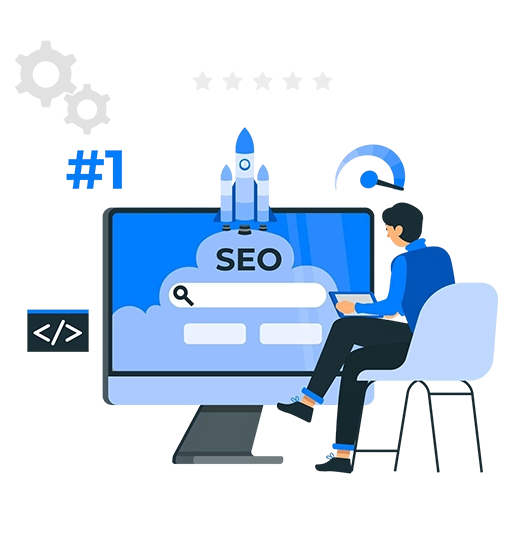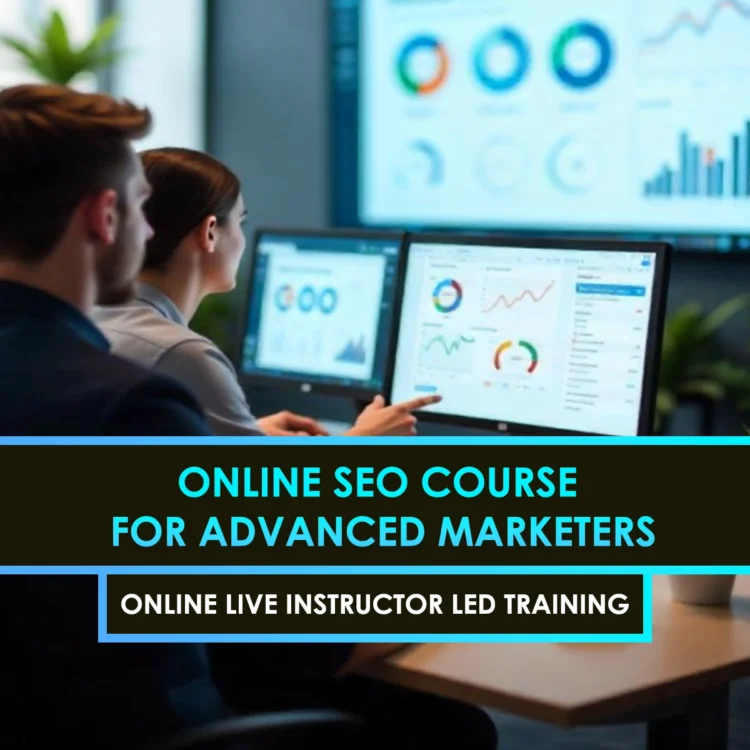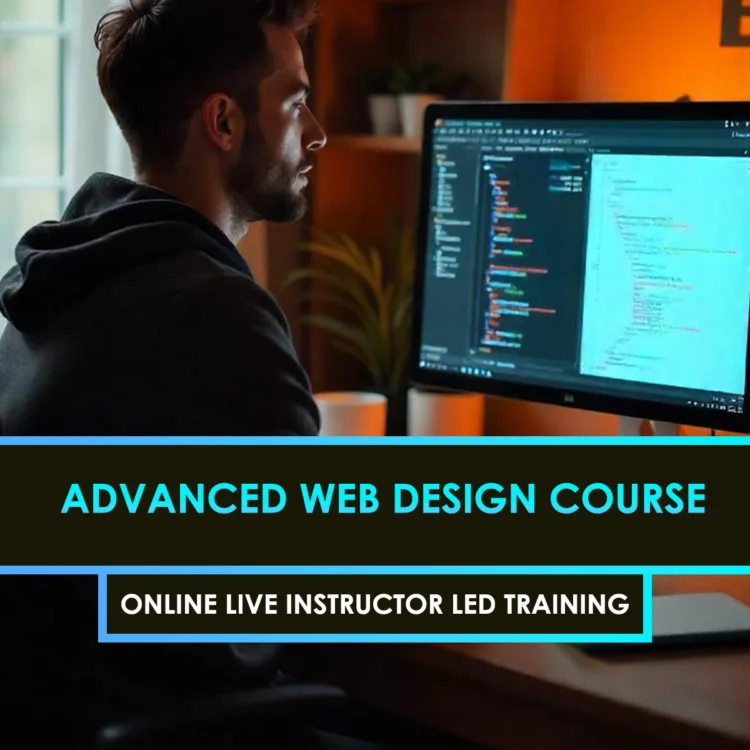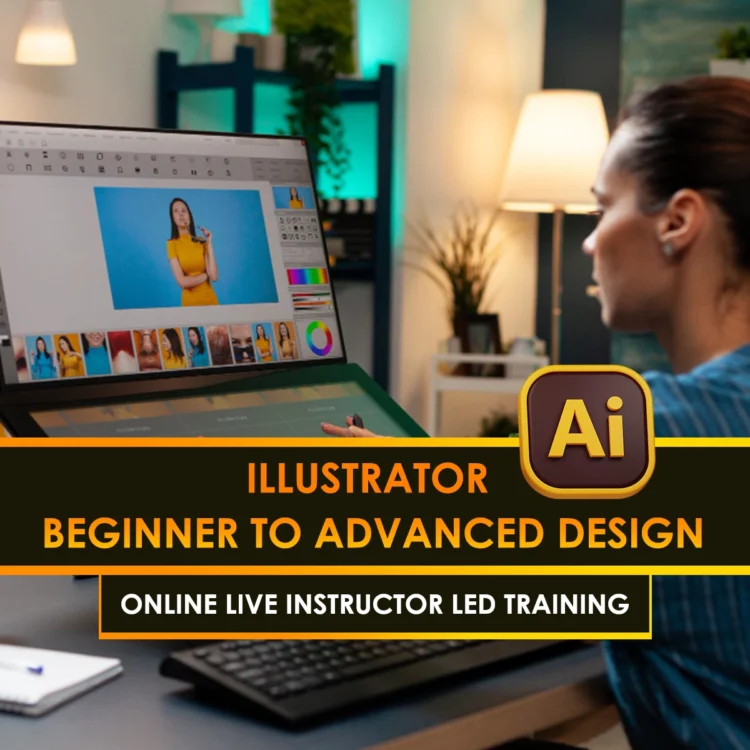Curriculum
- 12 Sections
- 48 Lessons
- 10 Weeks
- Introduction to SEOSEO is the process of optimizing your website to improve its visibility on search engines, driving organic traffic by improving ranking for relevant keywords and enhancing user experience.4
- Keyword ResearchKeyword research involves identifying relevant search terms and phrases your target audience uses, allowing you to optimize content and drive organic traffic to your website.4
- On-Page SEO BasicsOn-page SEO involves optimizing individual web pages by improving elements like title tags, meta descriptions, headers, URL structure, and keyword usage to enhance relevance and search engine rankings.5
- Technical SEOTechnical SEO focuses on optimizing website performance, including site speed, mobile-friendliness, crawl errors, and structured data to improve search engine visibility.5
- Content Optimization & StrategyContent optimization focuses on creating high-quality, user-focused content while strategically using keywords, enhancing readability, and updating content regularly to improve search rankings and user engagement.4
- Link Building StrategiesEffective link building involves acquiring high-quality backlinks through methods like guest blogging, influencer outreach, and creating shareable content to boost your website’s authority and search rankings.4
- Local SEOLocal SEO optimizes your website for location-based searches, helping improve visibility through tactics like Google My Business optimization and local keyword targeting.3
- SEO Analytics and TrackingUse tools like Google Analytics and Google Search Console to track organic traffic, keyword rankings, and user behavior, helping you measure SEO performance and make data-driven improvements.4
- SEO Tools and ResourcesUtilize tools like Google Analytics, SEMrush, Ahrefs, and Moz for keyword research, tracking performance, and competitor analysis, along with SEO plugins like Yoast SEO to optimize your website efficiently.4
- SEO Best Practices & Advanced TechniquesSEO best practices include creating high-quality content, optimizing for mobile, and advanced techniques like link building and leveraging long-tail keywords to enhance search rankings.4
- Creating an SEO StrategyTo create an effective SEO strategy, define clear goals, conduct thorough keyword research, optimize your website's on-page and technical SEO, build high-quality backlinks, and regularly track performance to refine and adjust your approach for continuous improvement.4
- Course Conclusion and Next StepsCongratulations on completing the course! Now, apply your SEO skills to optimize your website, track your progress, and stay updated with industry trends to achieve long-term success.3






















